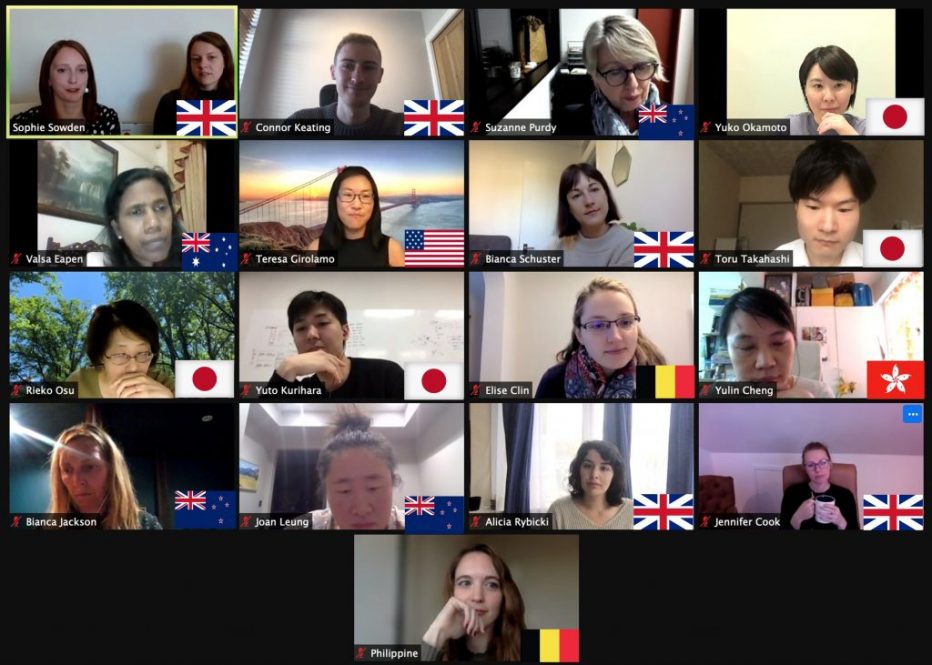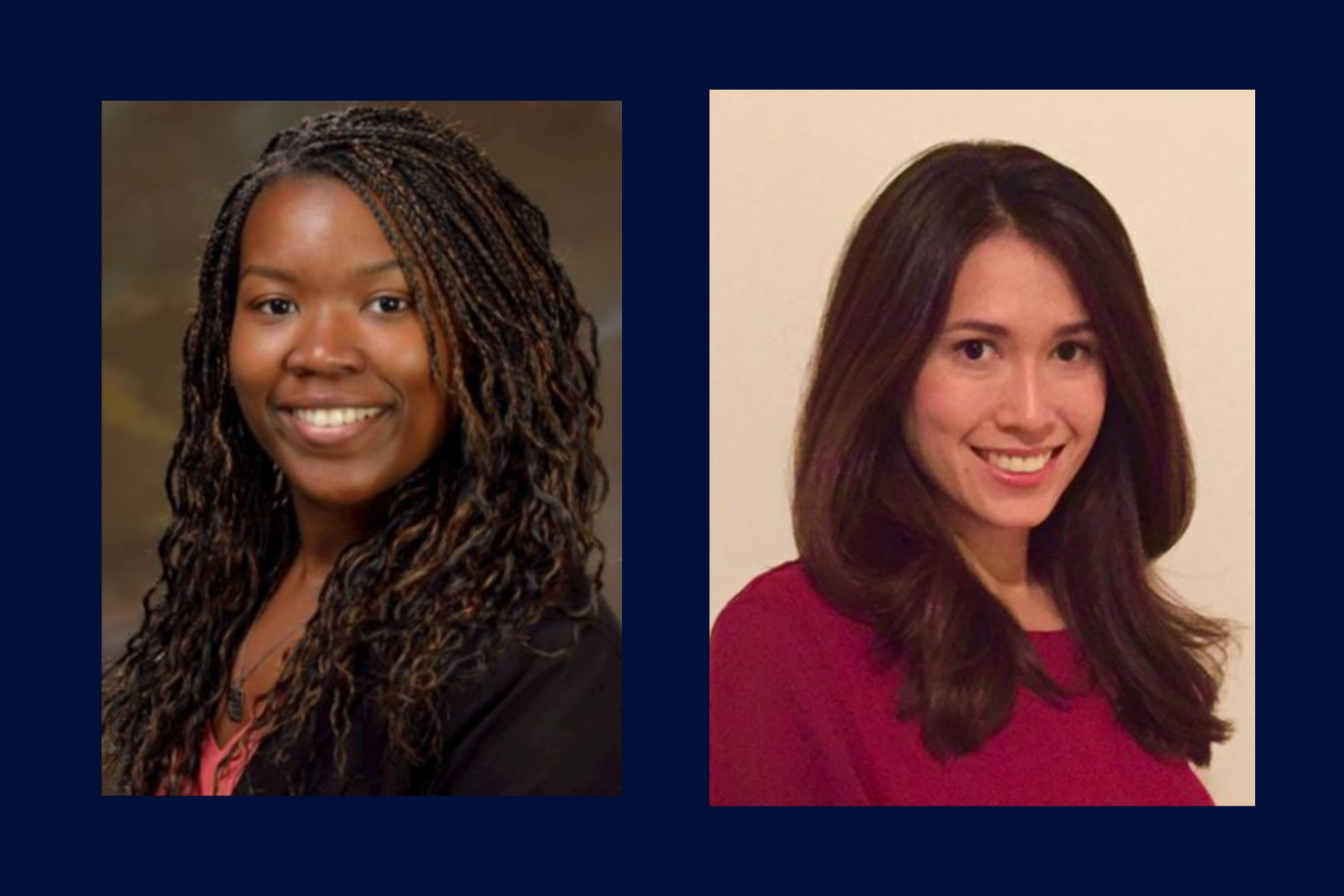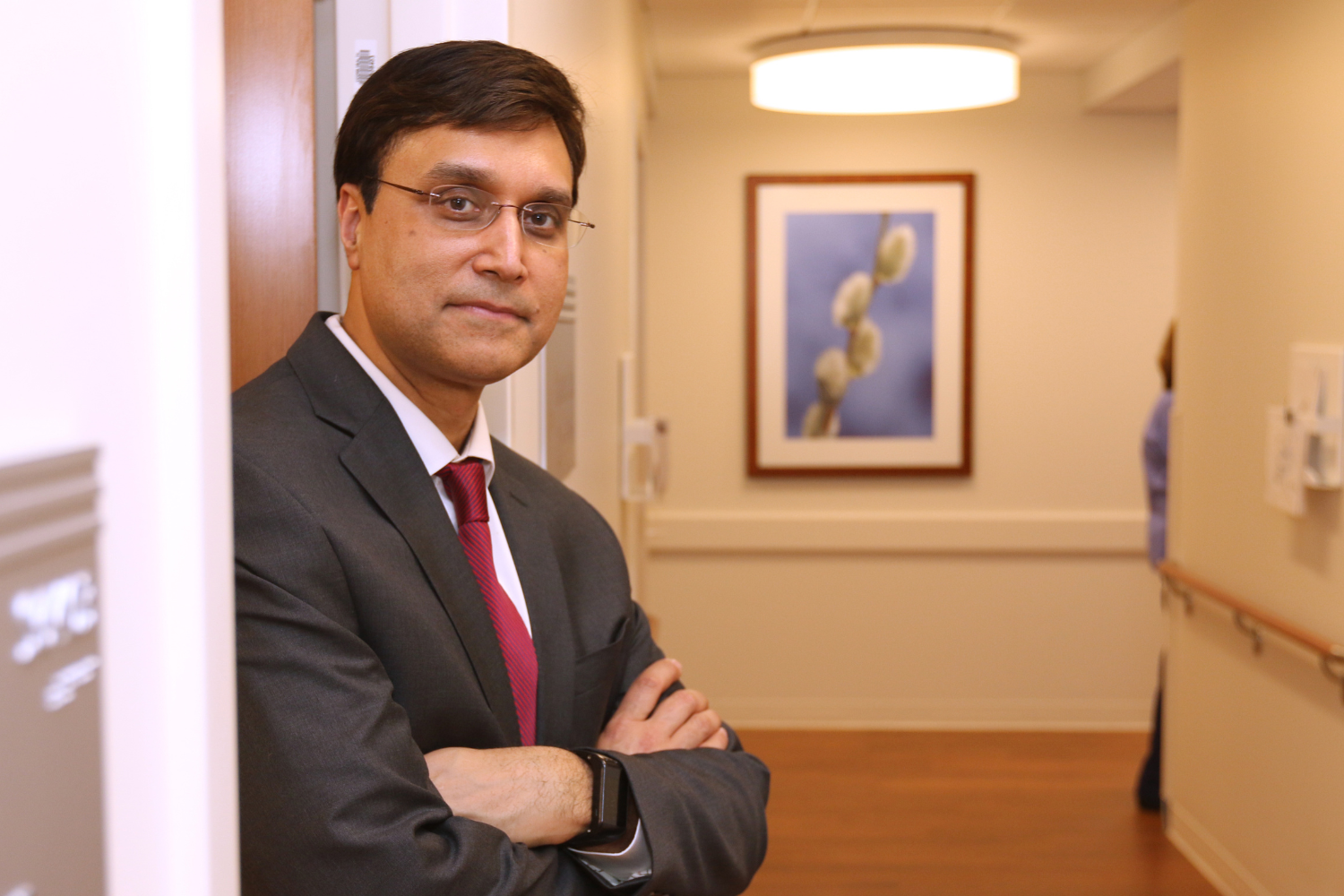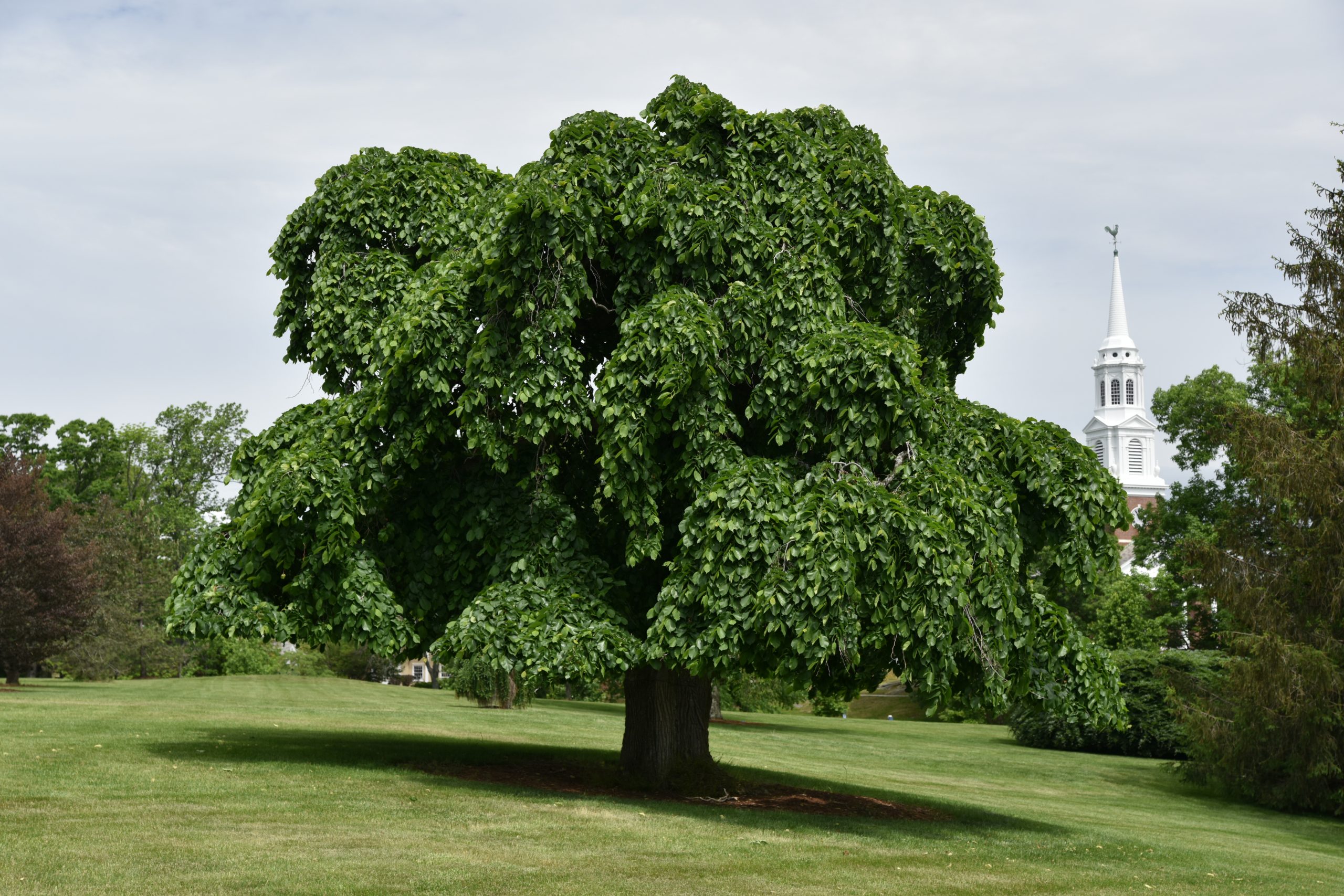This network aims to create more diverse and inclusive research, in which people with autism from all racial, ethnic, economic, and social backgrounds are represented and listened to.
The lead investigator of the project is Sophie Sowden, is from the University of Birmingham in the United Kingdom. The other participating universities are McMaster University in Canada, University of Auckland in New Zealand, Université libre de Bruxelles, Belgium, University of New South Wales in Australia, and Waseda University in Japan.
Here at UConn, the CALL conducts research with a focus on social communication skills. The Lab Director, Professor of Psychological Sciences Inge-Marie Eigsti, has been teaching and leading research at UConn since 2004 and is keen about the avenues for collaboration and new perspectives that the network brings.
Hopefully this will make everyone, not just this network, but everyone in autism research think a little bit more carefully about how we engage with these communities.
- Teresa Girolamo
This network aims to create more diverse and inclusive research, in which people with autism from all racial, ethnic, economic, and social backgrounds are represented and listened to.
The lead investigator of the project is Sophie Sowden, is from the University of Birmingham in the United Kingdom. The other participating universities are McMaster University in Canada, University of Auckland in New Zealand, Université libre de Bruxelles, Belgium, University of New South Wales in Australia, and Waseda University in Japan.
Here at UConn, the CALL conducts research with a focus on social communication skills. The Lab Director, Professor of Psychological Sciences Inge-Marie Eigsti, has been teaching and leading research at UConn since 2004 and is keen about the avenues for collaboration and new perspectives that the network brings.



